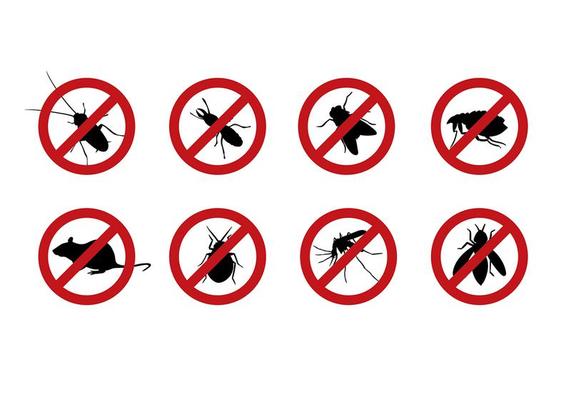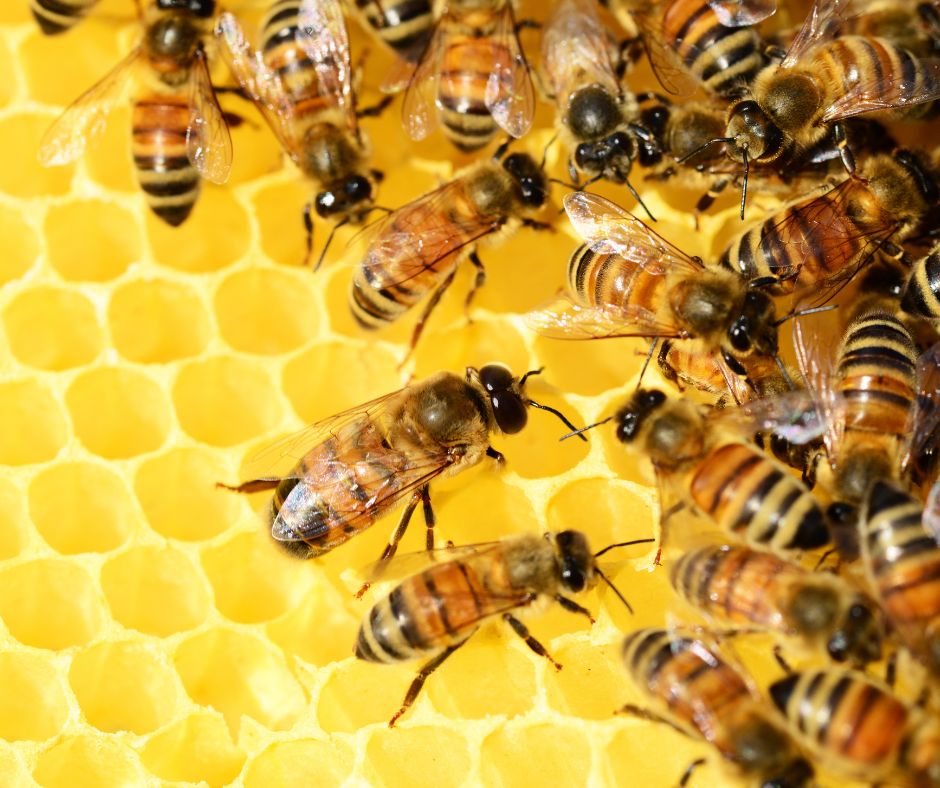Powerful Termite Treatment Port Charlotte to Protect Your House
Uncover the Relevance of Insect Control in Preserving a Healthy And Balanced Atmosphere and Treatment Strategies

The Duty of Parasites in Communities
Insects, often checked out only as annoyances, play a complex duty in ecological communities that is crucial for maintaining eco-friendly equilibrium. They contribute dramatically to numerous environmental processes, consisting of pollination, nutrition cycling, and bug control. For circumstances, lots of insect types, such as butterflies and , are important pollinators for a vast array of plants, which consequently sustains biodiversity and food production.
Additionally, pests function as victim for countless predators, producing a vital link in food webs. This connection ensures the survival of different species and helps control populations within communities (Termite treatment Port Charlotte). Decomposer bugs, such as particular beetles and fungi, are important in damaging down organic matter, thus improving soil and promoting vitamins and mineral recycling.
Conversely, while pests can be useful, their overpopulation or invasion right into non-native atmospheres might disrupt these environmental features. This complexity emphasizes the importance of understanding bug characteristics, as efficient parasite management strategies have to think about both their environmental duties and potential effect on human tasks. Stabilizing pest presence while reducing harm is essential for preserving the honesty of environments and guaranteeing agricultural efficiency.
Wellness Risks Associated With Pests
The existence of pests in numerous settings extends beyond their environmental duties, as they additionally posture considerable health and wellness threats to animals and humans. Numerous insects, consisting of insects, parasites, and rats, are carriers of illness that can have major wellness implications. Rodents are known to send hantavirus and leptospirosis, both of which can lead to severe respiratory system and renal problems, respectively.
Bugs such as mosquitoes and ticks are notorious for spreading out vector-borne conditions like malaria, dengue high temperature, and Lyme condition. These illnesses can result in high morbidity and death rates, especially in prone populaces. Furthermore, parasites like bedbugs and cockroaches can exacerbate allergies and asthma, adding to respiratory troubles in people, particularly those with pre-existing conditions.
Furthermore, the presence of insects can lead to mental tension and discomfort, impacting total wellness. Contamination of food and surfaces by bug droppings and continues to be can lead to foodborne ailments, highlighting the value of keeping hygienic problems. Comprehending the health risks associated with bugs is crucial in acknowledging the requirement of efficient bug management strategies to protect animal and human health.

Advantages of Reliable Bug Control
Efficient pest control is crucial for preserving a secure and healthy and balanced setting, as it regularly alleviates the countless dangers connected with pest infestations. One of the primary advantages of efficient bug administration is the reduction of health risks.
Furthermore, effective insect control safeguards residential or commercial property and structures from damages. Many pests, like termites and carpenter ants, can go now cause considerable architectural damages that may call for expensive repair services. By proactively handling these services, problems and homeowners can shield their investments.
One more substantial advantage is the renovation of overall high quality of life. A pest-free environment adds to psychological health and minimizes tension connected with invasions. Moreover, efficient pest control fosters a safer environment for youngsters and pet dogs, making sure that homes remain sanctuaries devoid of disease-causing organisms and harmful chemicals.
Usual Pest Control Strategies

In the realm of pest management, different techniques are used to battle problems efficiently. These strategies can be broadly classified into 3 primary strategies: social, mechanical, and chemical controls.
Cultural control entails modifying practices to lower insect survival, facility, and reproduction. This may include crop rotation, appropriate cleanliness, and environment control, which collectively produce a setting less helpful to pest expansion.
Mechanical control employs physical approaches to remove bugs (Termite treatment Visit Your URL Port Charlotte). Techniques such as vacuum cleaners, catches, and barriers are typically utilized to directly get rid of pests from an area. This approach is specifically efficient for taking care of rodents and insects without using unsafe chemicals
Chemical control entails the application of chemicals my review here to handle parasites. These compounds can be classified right into fungicides, insecticides, and herbicides, each targeting particular types of parasites. It is important to make use of these chemicals deliberately, adhering to security standards and laws to minimize potential damage to non-target varieties and the setting.
Each pest control method has its constraints and benefits, and commonly, an integrated strategy combining numerous techniques yields the finest cause keeping a pest-free environment.
Sustainable Parasite Management Practices
Sustainable bug monitoring techniques include an array of methods developed to lessen environmental influence while efficiently regulating parasite populaces. These methods focus on the use of ecologically pleasant approaches over chemical pesticides, thus lowering the risk of harm to non-target varieties, including advantageous pests, wild animals, and humans.
Integrated Bug Monitoring (IPM) is a keystone of lasting practices, combining biological, cultural, mechanical, and chemical techniques to manage bugs. Organic control involves introducing all-natural killers or bloodsuckers to subdue pest populations. Cultural methods, such as crop turning and polyculture, interrupt pest life cycles and boost community durability.
Mechanical methods, such as catches or obstacles, can effectively protect against pest gain access to without chemical treatment. Additionally, maintaining healthy communities through proper soil administration, plant health, and biodiversity can naturally minimize bug issues.
Education and learning and recognition are crucial elements, equipping areas and individuals to recognize insect risks early and execute precautionary actions. Termite treatment Port Charlotte. By fostering a holistic method that balances insect control with eco-friendly integrity, sustainable insect administration practices not just shield crops and frameworks yet likewise add to a healthier atmosphere for future generations
Final Thought

Recognizing the health dangers associated with insects is critical in acknowledging the need of effective parasite monitoring approaches to protect human and animal health.
Effective bug control is crucial for keeping a secure and healthy and balanced setting, as it continually reduces the various threats associated with parasite infestations.Integrated Insect Monitoring (IPM) is a cornerstone of lasting techniques, integrating organic, cultural, mechanical, and chemical tactics to manage parasites. By comprehending the function of pests, acknowledging associated health risks, and utilizing diverse treatment strategies, a sustainable technique to pest administration can be attained. Integrated Pest Management (IPM) stresses a holistic method that reduces injury to useful organisms while properly regulating insect populaces.